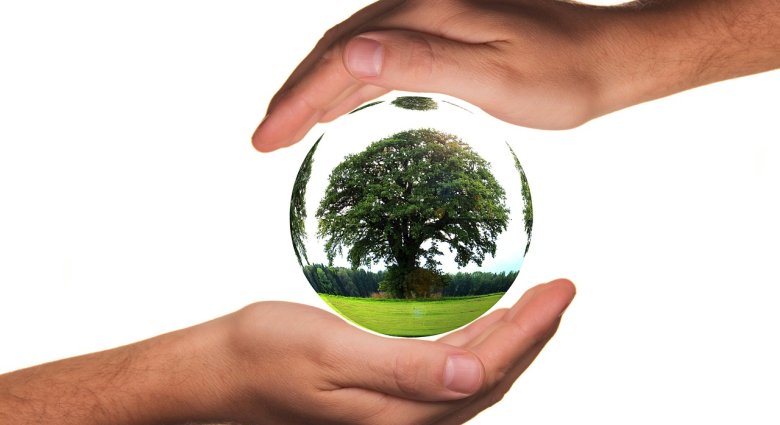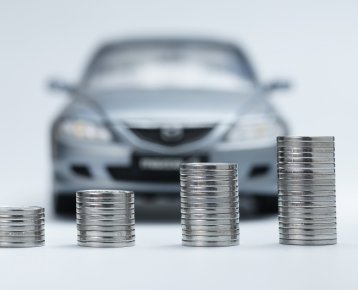
Ecology in a modern dry cleaner
The world is rushing towards modernity, we value what is qualitative and positively repulsed by society. Continuous development and modern technologies provide people with better, more comfortable lives, but often they also raise many doubts whether given inventions really serve the good of humanity. Due to the multitude of hazards, pollution and factors not entirely friendly to humans, especially the environment, we choose what is ecological, healthy and fashionable.
This is not only about food, lifestyle and habits, but also about other physiological needs such as hygiene. Cleanliness and counter is the basis of life, so each of us knows the importance of cleaning or laundry. A neat look means, above all, clean, well-groomed clothes, which we have to take special care of. In the era of common solicitation, we often decide to use specialized laundry services, which know exactly how to take care of a given type of fabric. Dry cleaners have become very popular in such services, but many people are still wondering whether their cleaning methods are environmentally friendly.
Is modernity equal to ecology?
Yeah, I'm sure it is. New ways developed by specialized teams of technologists are created with the aim of maintaining the best safety rules for both man and the environment. As its name suggests, a dry cleaner is based on chemicals, regardless of whether it is a wet or dry cleaner. Modern dry cleaners invest in equipment and resources so that their services can be described as ecological. In this case, it is important to choose the technology that will guarantee the highest level of safety. What counts is the use of a suitable solvent and washing in a hermetic and non-leachable washing and drying unit. In this way, no vapours are escaping and those produced during the cleaning process are frozen during the drying process. Thanks to this technology, the whole process is completely safe and friendly, and the dry cleaner itself can be called ecological.
Solvents used in modern dry-cleaning applications
Through research and numerous tests, scientists have tried to create a type of solvent that is as safe as possible for the human body. Therefore, new hydrocarbon solvents were used, which proved to be safe for the environment. Among them, Hydrocarbon is the most frequently chosen and used in dry-cleaning laundries. First of all, it is ideal for cleaning delicate fabrics and does not cause discolouration and does not leave creases, stains or creases on the fabric. It leaves no unpleasant smell and clothes are soft and easier to iron. It is the most environmentally friendly chemical solvent. In some chemical pralines you can also find methods of cleaning with tetrachloroethylene, especially stains of organic origin. The washing process then takes place in special aggregates, so that the resulting harmful vapours are completely neutralized. The solvent dries very quickly and does not leave unpleasant smells or stains.
Modern system and technology
Modern dry cleaners focus on technologies ensuring the highest quality of offered services as well as safety during their execution. One of the most frequently chosen methods is cleaning with the K4 system, which is extremely safe and environmentally friendly. Halogen is eliminated from the solvents used here. Its use does not pose any risk to a healthy person, nor does it contaminate the ground, water or air.
The second ecological way of cleaning used in modern dry cleaners is fully ecological GreenEarth technology. The method is ecological in that the cleaning agent used here is produced from natural raw materials, i.e. sand and stoneware. The cleaning results are as good as those achieved with chemical solvents. In addition, it is characterized by the lack of unfriendly smell and full protection of fabrics, even those very delicate such as silk and wool.
More and more laundries focus on ecological solutions, which ensure high quality of services, but above all, a friendly attitude to the environment. Modern technological solutions ensure better cleaning results, but most of all, they make dry-cleaners more and more ecological.
See more

5 reasons to own a smartwatch

Leather wallets - a necessary and fashionable gadget























